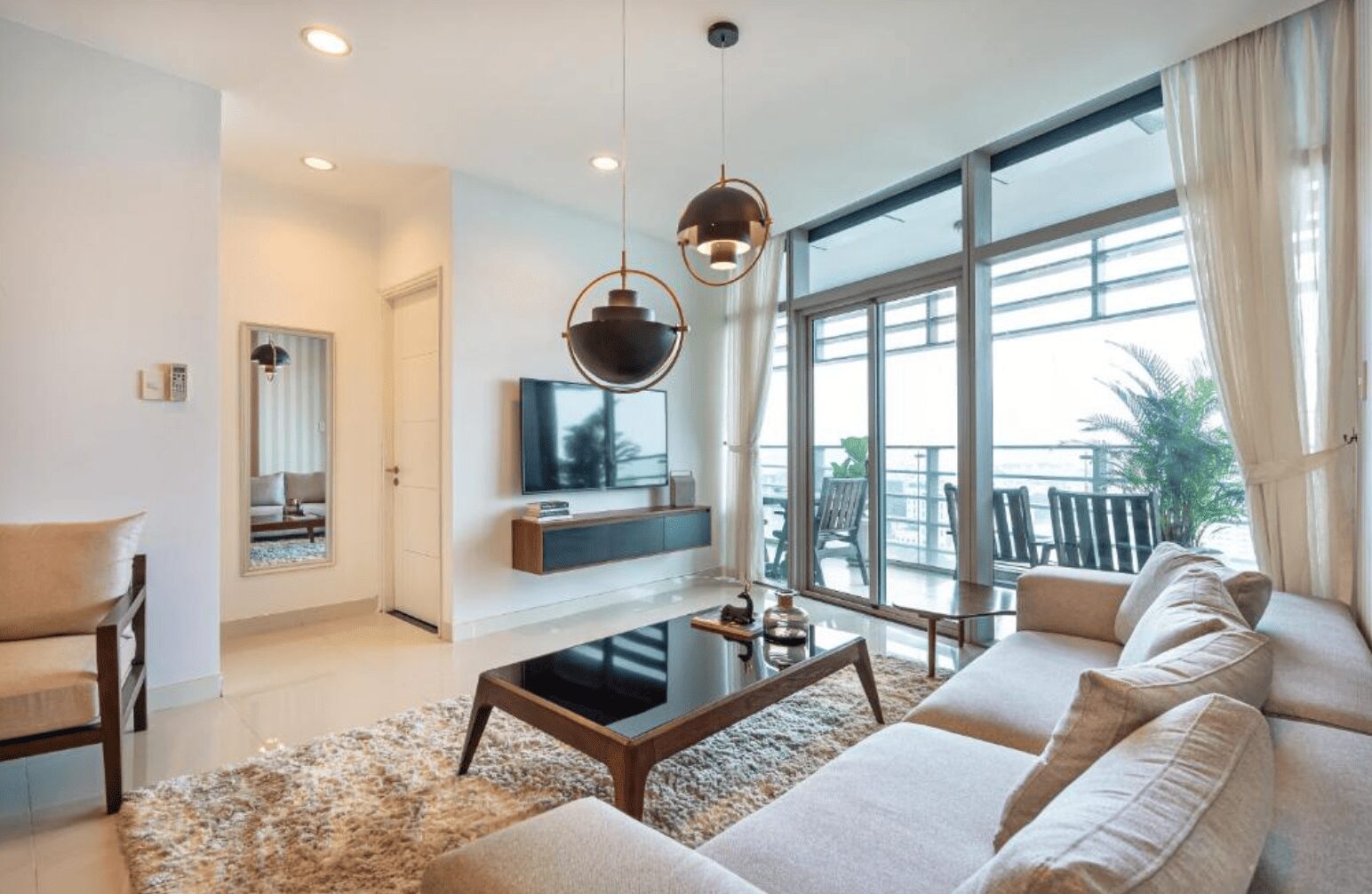Vietnam’s Booming Real Estate Market: Opportunities and Risks Explained

Vietnam’s economic growth and rapid urban development have made its real estate market a focal point for investors worldwide. However, success in this market requires a clear understanding of its current state, regulations, and potential risks. This article delves into the basics of Vietnam’s real estate market, sharing tips for success, and providing specific examples to enhance understanding.
目次
1. Current State of Vietnam’s Real Estate Market
Vietnam’s real estate market is driven by its high economic growth rate and rapid urbanization. Cities like Ho Chi Minh City and Hanoi are experiencing increasing demand for residential and commercial properties, with numerous new developments underway. For example, projects like “Vinhome Grand Park” in Ho Chi Minh City and “Starlake City” in Hanoi have garnered significant attention from both domestic and international investors.
In 2015, the Vietnamese government amended its housing law, allowing foreign investors to purchase certain types of properties. This regulatory shift has spurred greater foreign interest.
Key factors contributing to market growth include:
- Young Population: A large labor force drives economic growth.
- Infrastructure Development: New roads, railways, and airports are under construction.
- Urban Migration: Increasing demand for housing in urban areas.
2. Popular Areas for Real Estate Investment
Ho Chi Minh City
Vietnam’s economic hub, Ho Chi Minh City, is a hotspot for real estate investment. District 1 features commercial buildings and hotels, while District 2 (Thu Thiem) is renowned for luxury apartments like “Masteri Thao Dien,” a favorite among expatriates.
Hanoi
The capital city, Hanoi, is both a political and cultural center experiencing significant economic growth. Areas like Tay Ho, home to numerous international schools, are popular among expatriates and feature high-end properties. “Ciputra Hanoi” is one such development attracting investor interest.
Da Nang
This coastal resort city is ideal for investing in vacation properties or villas. “The Ocean Estates” is a notable example, benefiting from Da Nang’s growing tourism industry and promising high returns.
3. Process of Purchasing Property in Vietnam
Step 1: Property Search
Start your search with reputable real estate agents or online platforms such as “Batdongsan.com.vn” or “Propzy,” known for reliable listings.
Step 2: Legal and Regulatory Review
Foreigners can purchase properties under the following conditions:
- Up to 30% of units in an apartment building.
- Up to 10% of landed properties in a residential area.
Step 3: Contract Signing
Once you choose a property, sign a contract with the seller. Ensure the contract includes all terms, payment schedules, and necessary details. It’s advisable to consult a trusted lawyer.
Step 4: Registration and Payment
Post-purchase, apply for a Land Use Right Certificate (commonly called “Red Book” or “Pink Book”). Reputable developers often assist with this process.
4. Advantages and Risks of Real Estate Investment
Advantages
- High Returns: Central areas in Ho Chi Minh City see annual price increases of 5–8%.
- Tourism Growth: Properties in tourist hubs like Da Nang and Phu Quoc Island yield high rental income.
- Economic Growth: Vietnam’s strong economy ensures stable demand.
Risks
- Regulatory Constraints: Foreign buyers face restrictions on property types and quantities.
- Market Volatility: The pandemic, for example, temporarily reduced prices in some tourist regions.
- Maintenance Costs: Managing rental properties involves ongoing expenses.
5. Key Strategies for Successful Investments
Leverage Local Expertise
Work with trusted real estate agents or legal experts for market insights and regulatory compliance. Companies like “Savills Vietnam” and “CBRE Vietnam” are renowned for their professionalism.
Focus on Long-Term Plans
Real estate investments often yield better results with a long-term perspective. For example, consider areas where infrastructure projects, such as new metro lines in Ho Chi Minh City, are expected to boost property values.
Prioritize Location
Evaluate factors like transportation, neighborhood quality, and future development plans. Metro-connected areas in Ho Chi Minh City are projected to see significant appreciation in the coming years.
Conclusion
Vietnam’s real estate market offers immense potential, fueled by economic growth and urban development. However, understanding the market’s legal framework and unique characteristics is essential for success. By leveraging expert advice and considering specific examples, investors can navigate the market confidently and achieve their goals.
(Photo by Unsplash.com)



